6 steps to create a daily schedule template (with example)
Summary
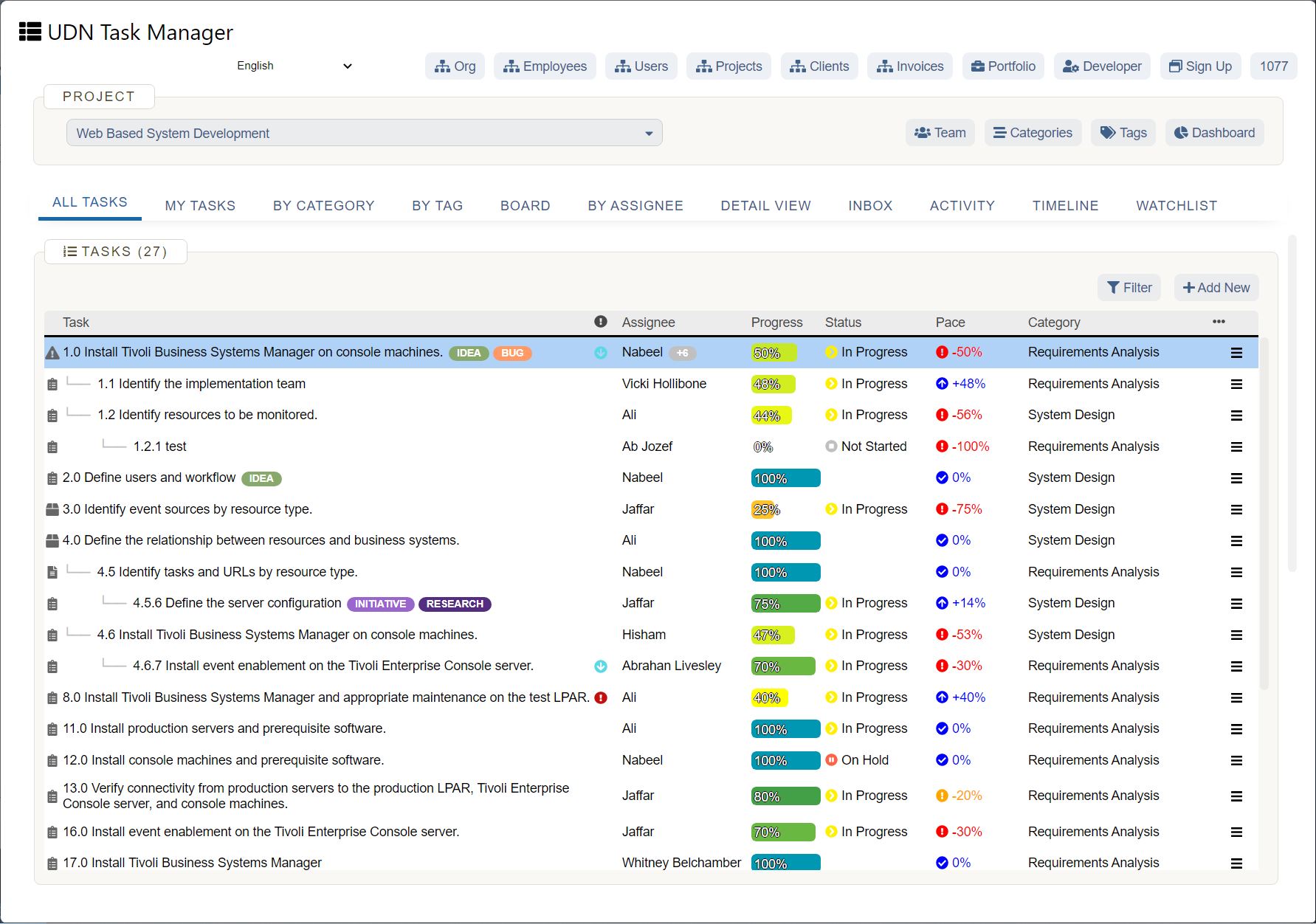
A daily schedule is an excellent way to manage life’s moving parts. It can give you structure, reduce stress, and increase productivity. When you create your daily schedule template in an online tool, you’ll have the added flexibility to make changes and track updates in real-time. Plus, by visualizing your work in multiple ways, you can plan your day and set yourself up for success.
It can often feel like you don't have enough hours in the day. But it can be helpful to think of a day not like a single unit, but like 24 hour-long blocks of time. By separating out each block, you can dedicate specific time for working, socializing, eating, and creating.
When you have a clear understanding of how you're using your time, you won’t always feel like you’ve run out of it. Today, you'll learn the importance of a daily schedule for time management . With daily planning, you can set yourself up for success, even on days when you don’t feel all that productive.
But first: Let’s talk about your schedule planner
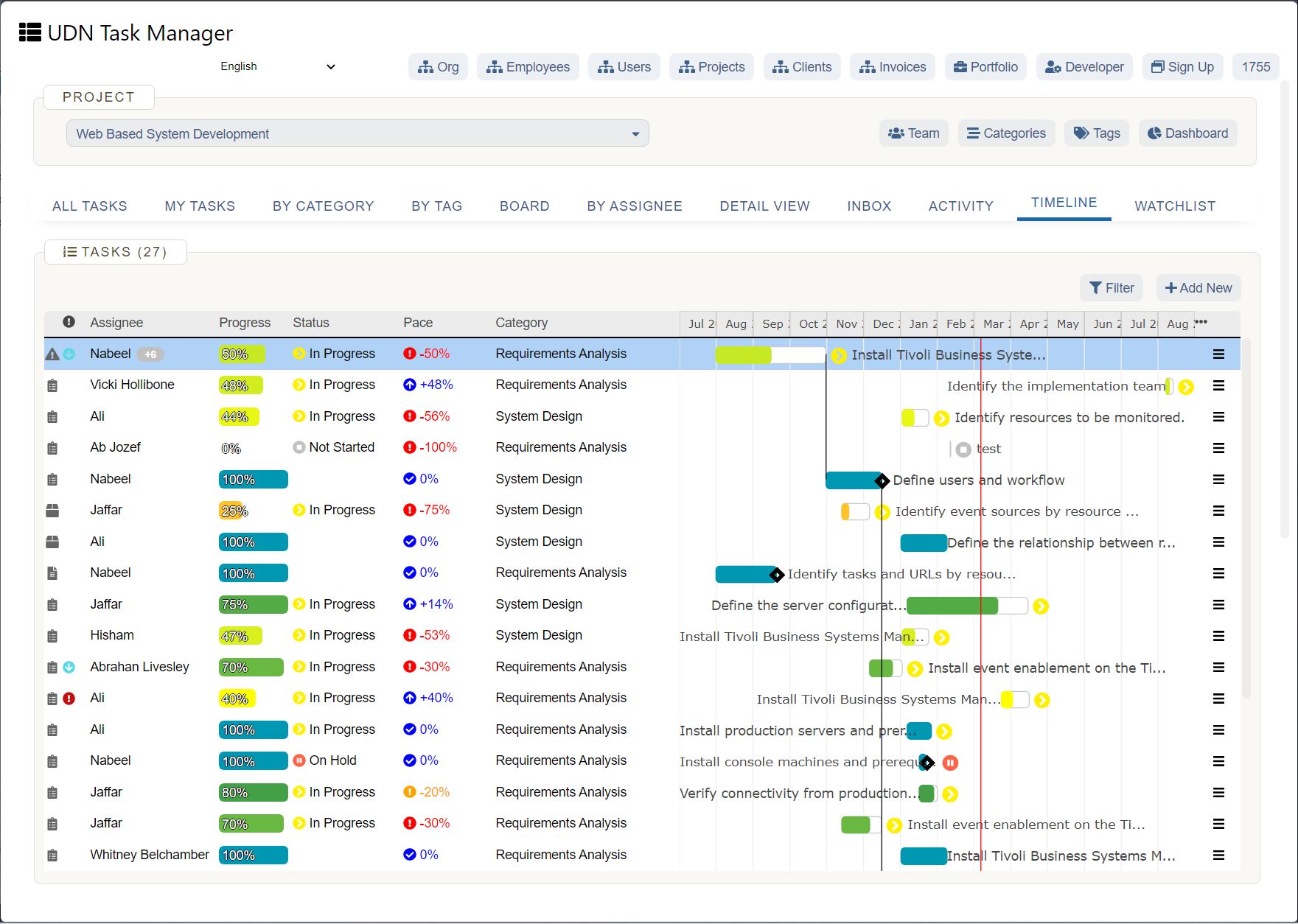
We all love a good physical, aesthetically-pleasing schedule planner. But, reader, we’ll be honest with you—as nice as they are to look at, physical daily schedules don’t have what it takes to help you organize your life.
You’ve likely already experienced the classic physical schedule issues: disorganization, cramped writing, not enough space, no context, and—we shudder to even think it—losing your planner.
The truth is, the only way to avoid confusion, disorganization, and inconvenience, is to opt for an online daily schedule.
Unlike a written daily schedule, a scheduling app has the following benefits:
Prioritizes tasks and events
Provides room for context
Shareable with team members
Always accessible online
Allows you to create multiple calendars in one place
If you’re looking for an online scheduling tool, try UDN Task Manager . UDN Task Manager is a work management platform that can help you organize your work so you know what you need to do and when you need to do it.
6 steps to create a daily schedule
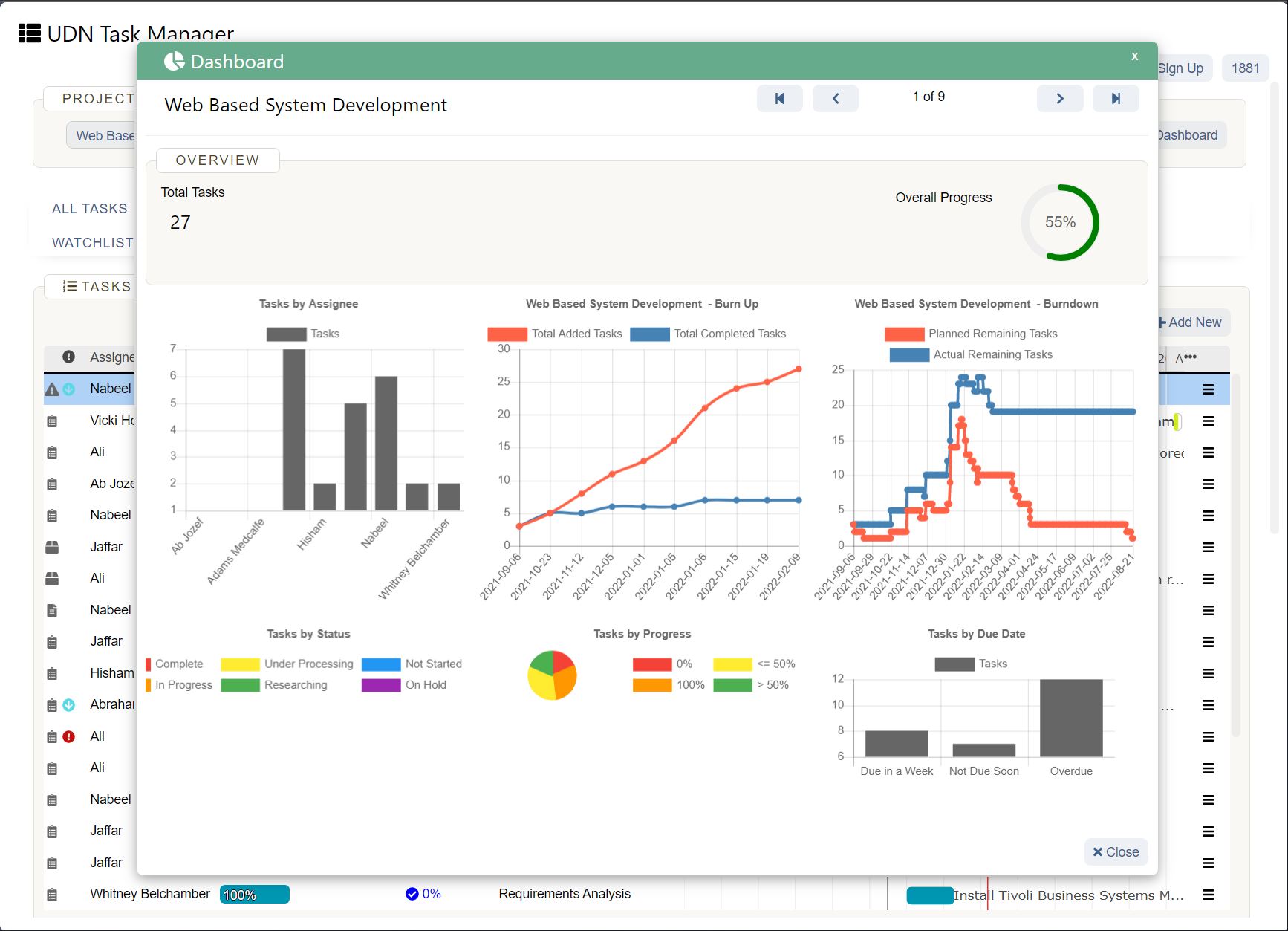
Regardless of the online scheduling tool you choose, follow these six steps to create an organized, beautiful daily schedule.
1. List to-do items
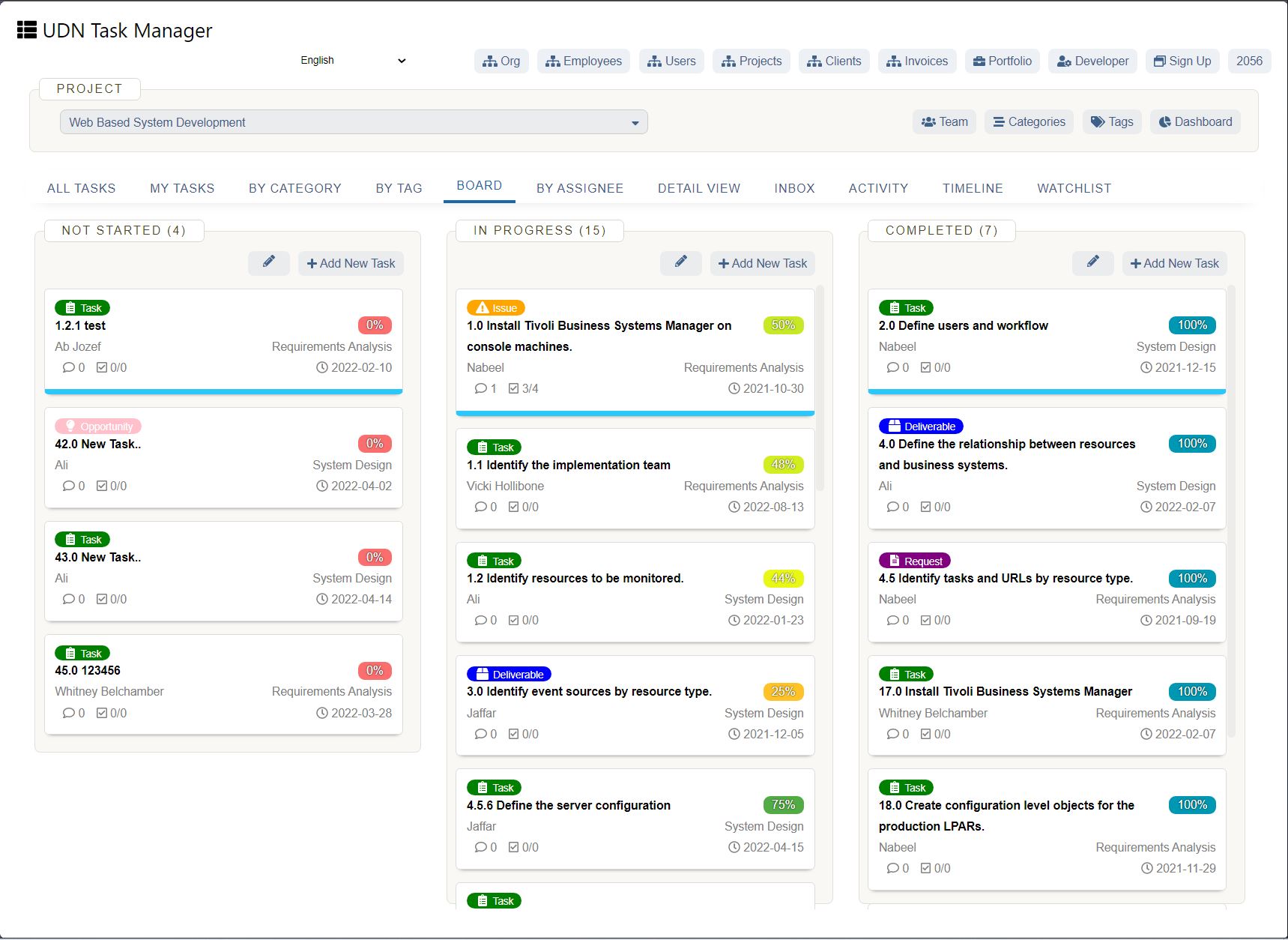
Before you can organize your to-dos, you first need to make a list of all the items you need to do for the day. You can add these items one by one to your scheduling app so you know you’ve recorded them, or use a technique like the Getting Things Done (GTD) method to systematically capture everything you need to get done.
Include recurring tasks in your list like meetings, exercise, and appointments. Also include one-off tasks like deadlines or phone calls. You can decide how specific to get with your task list. For example, if you want to include “go to lunch” as a recurring task to add daily structure, go ahead.
Tip: It’s ok if you don’t know every task that’s coming up in the week ahead. You can always add more to-do items to your list as they arise.
2. Prioritize tasks
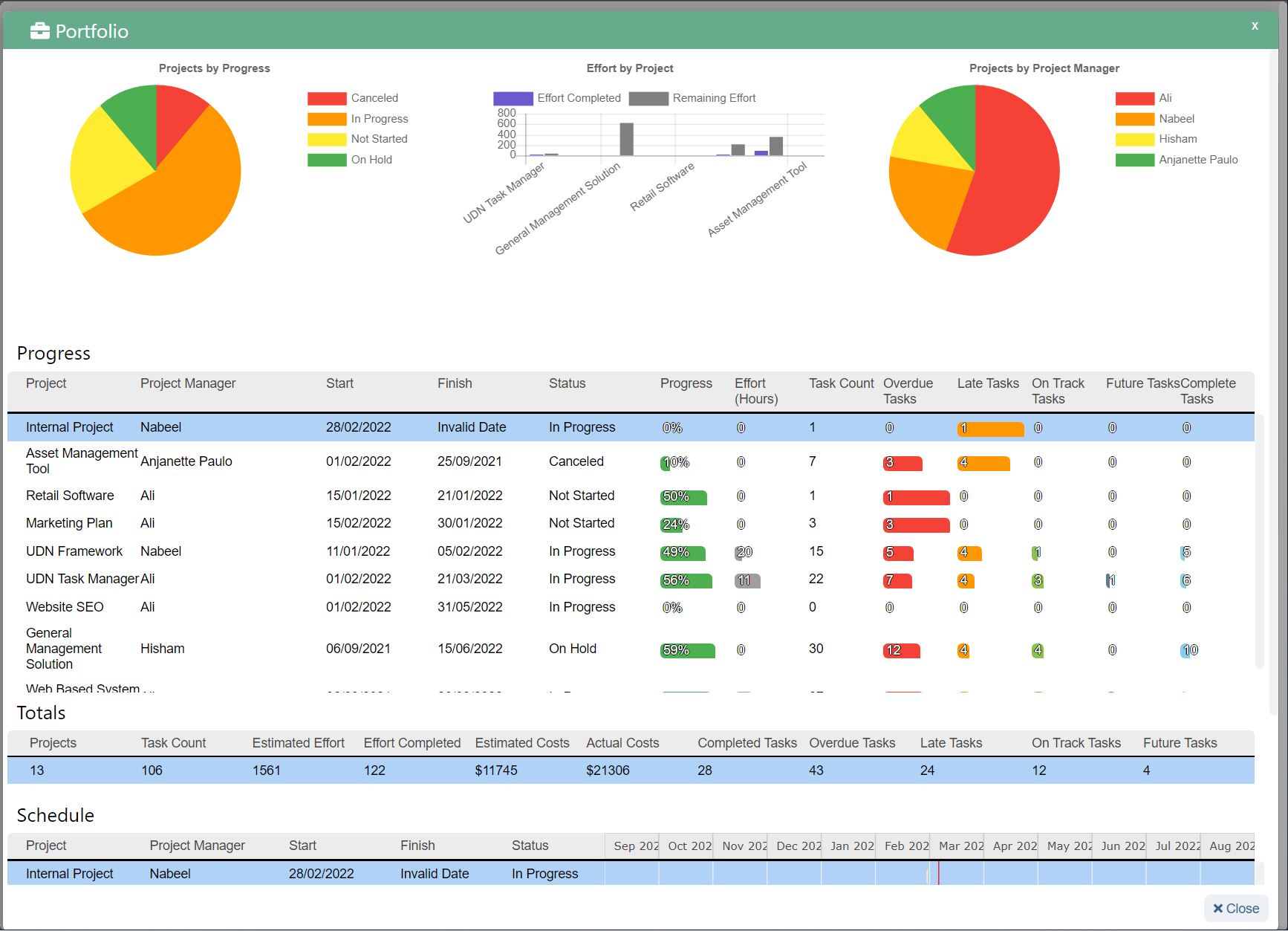
Don’t fret if you feel overwhelmed after creating your to-do list. Your list will feel more organized once you prioritize. When you prioritize work, you gain a clearer sense of what needs to get done when. That way, if it seems like you won’t be able to finish all of your tasks on a given day, you can focus on the ones that are highest priority—in other words, the ones that will have the highest impact.
To prioritize your work, begin by marking each task as high, medium, or low priority. Some questions you can ask yourself when sorting through your tasks include:
Which tasks have strict deadlines?
Which tasks must I complete on specific days?
Which tasks will I stress about if I don't complete them soon?
Which tasks do I want to complete next?
Which tasks can wait?
Tip: If you have tasks that conflict with one another, consider which task is most urgent. For example, if one project is for a client and the other is for your boss, then the client project will likely come first. When deadlines conflict, ask for help from your team members and your manager. See if there’s any work you can delegate or defer.
3. Note deadlines
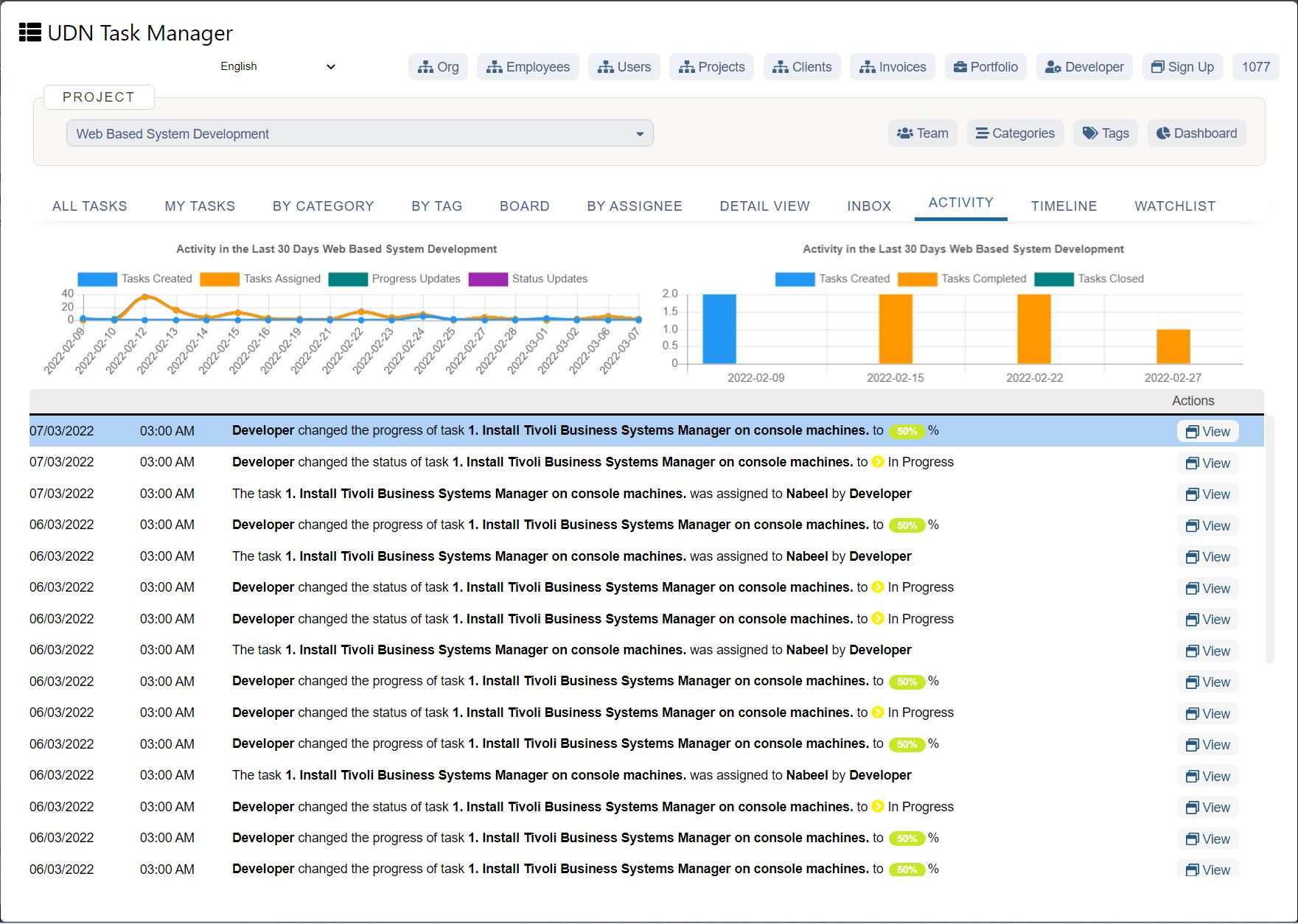
If you haven’t already, go through your online to-do list and make sure every task has a deadline. If you aren’t sure what the deadline should be, select a deadline that makes sense for now—after all, you can always update it later.
Like priorities, deadlines tell you which tasks are most important and when you need to get your work done. Without clear deadlines, you might accidentally miss a deliverable—even though you had plenty of time to work on it. In fact, unclear processes are the second largest contributing factor in missed deadlines
Tip: Deadlines don’t only apply to work projects. You can create your own deadlines for personal tasks to hold yourself accountable. For example, if you plan to run a half marathon, you should set training deadlines for how many miles to run per week. By creating these deadlines, you can ensure that you’ll be in shape by the time the race arrives.
4. Identify recurring events
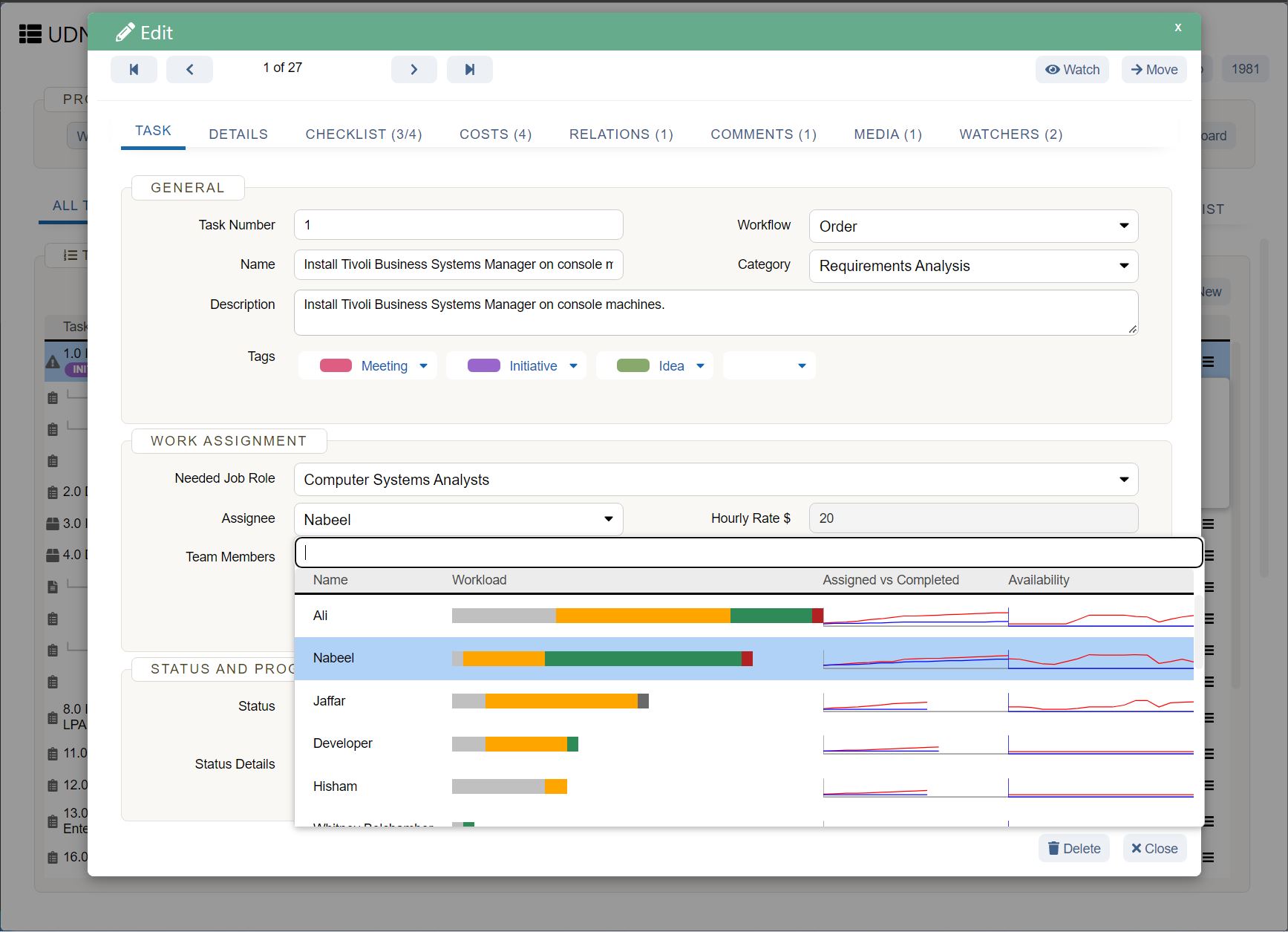
Once you’ve noted the deadlines in your online to-do list, highlight any events that happen on a recurring basis. These events may include weekly team meetings, a monthly book club, or phone calls with clients.
Then, use project management software to program recurring events in your daily schedule. This way, you won’t have to keep track of rescheduling items each week or month.
Tip: Now is also a good time to do a quick audit of your recurring events. Is there anything you do regularly that you should stop doing, or delegate to someone else?
5. Order items by time, priority, or deadline

The big moment has arrived—now, it’s time to take the items on your to-do list and order them by day and time. You can also order your items by other preferences like the priority or the deadline.
As you order your items to your liking, consider the steps you performed above. Your high priority items should occur first, while low priority items can happen later in the day or week. Scatter your recurring events throughout your calendar template accordingly. As your to-do list shrinks, your daily agenda will fill up.
Tip: You can switch your to-do list to calendar view to see how full your calendar is. If your schedule seems too full, you can add an extra step in the scheduling process. Remove any tasks that don’t feel necessary so you have breathing room to rest or make changes.
6. Stay flexible
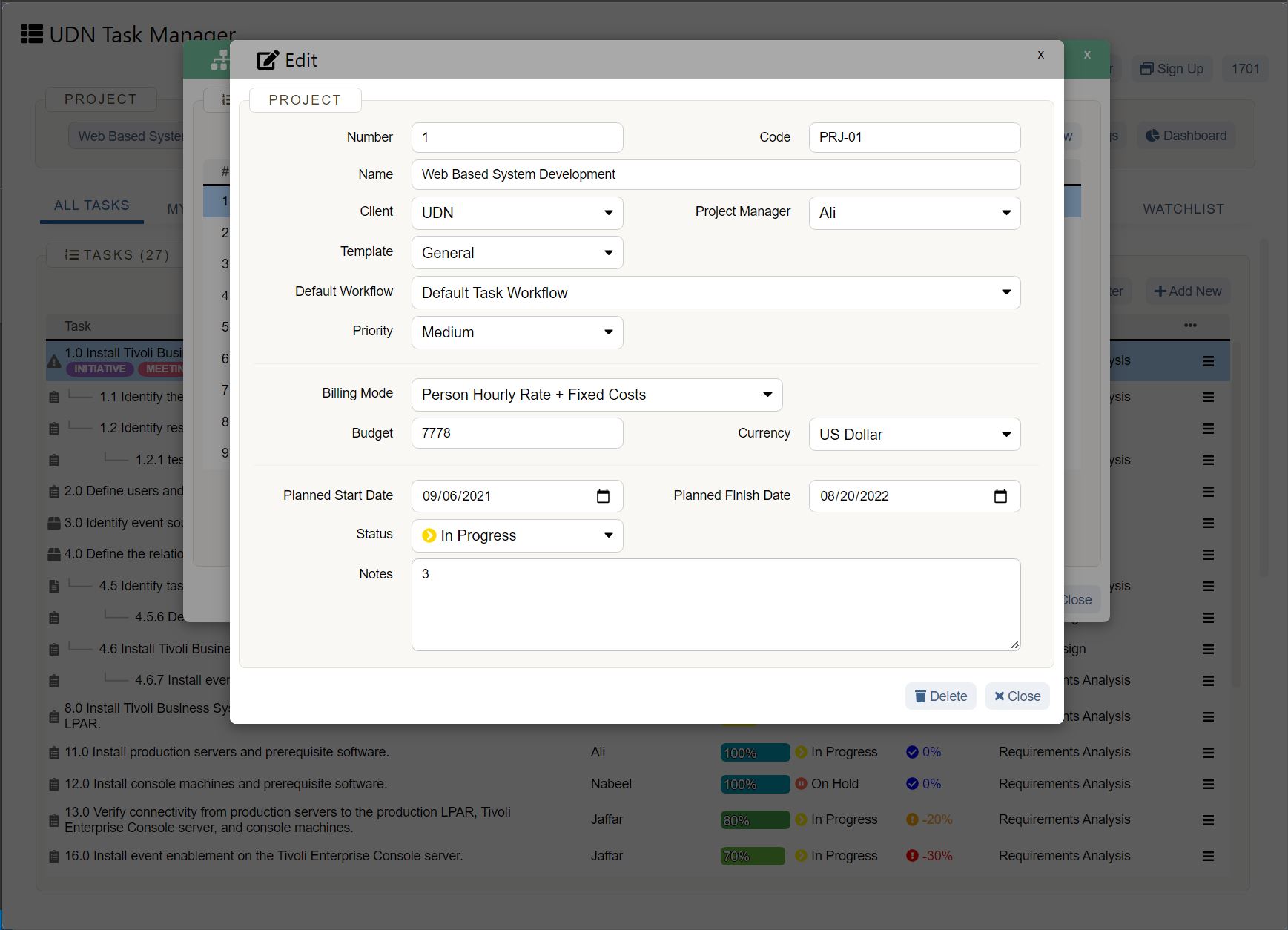
Now that you have a clear vision of what your daily schedule will look like, you can get to work. It’s important to remain flexible throughout your day and week because the schedule you start with likely won’t be the exact events that play out.
The best part about a digital planner is that scheduling tasks becomes easier and future changes become less burdensome. Life is unpredictable and hard to control. Clients will shift deadlines, and your weekly Monday meetings may switch to Wednesdays. These changes will be less stressful when you’re able to adjust your daily calendar with the click of a button.
Tip: You can use project management software as a stand alone scheduling tool. Most types of project management software focus on organization, customization, and visualization. If you take advantage of these features, you can create a daily schedule that's functional and flexible.
Daily schedule template
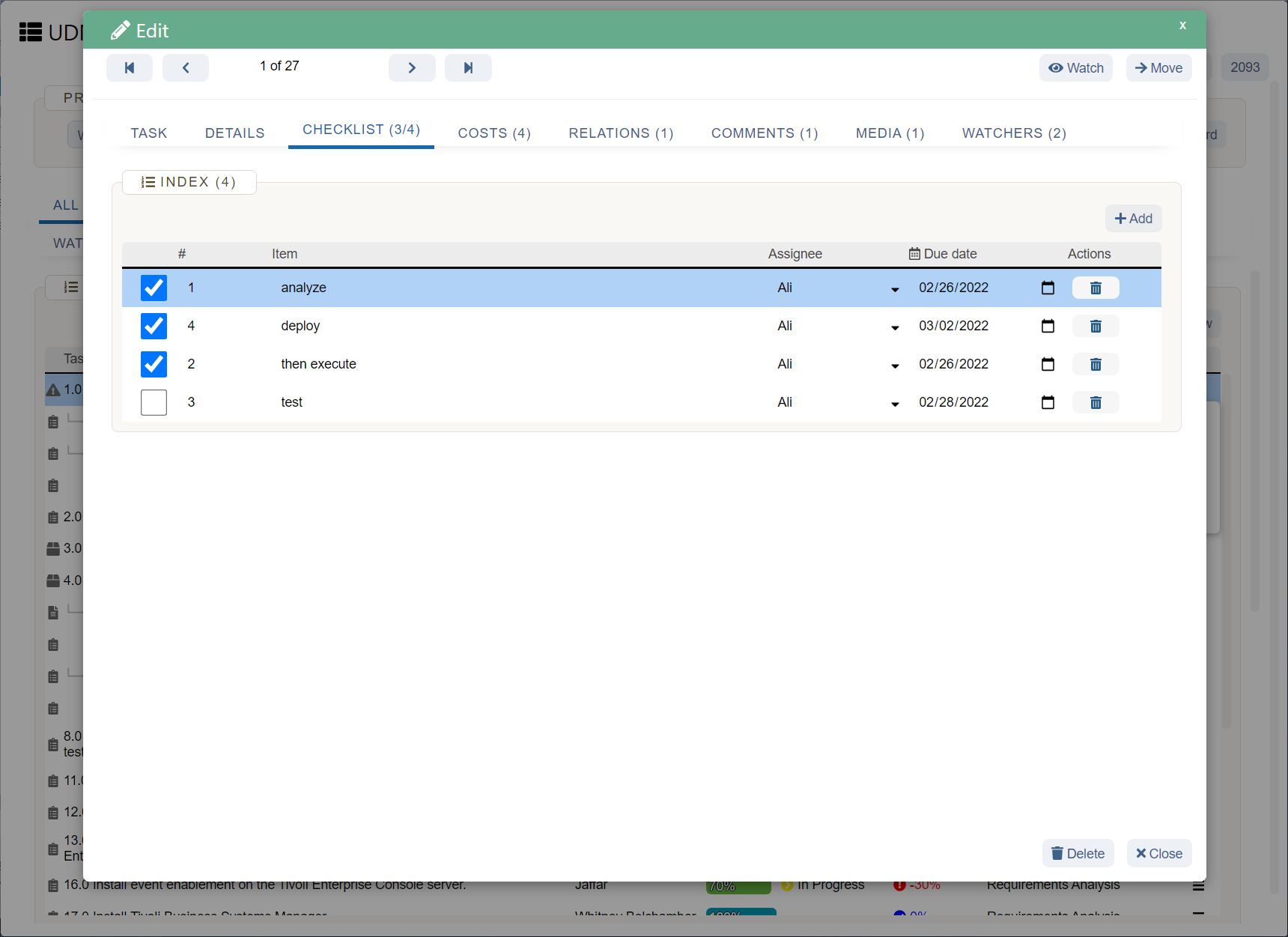
You can use the daily schedule template below when organizing your to-do list. If you’re creating a weekly schedule template, copy this template for each day of the week.
While this daily schedule template uses general time blocks, you can make your schedule more detailed if you want to. For example, you can assign Task 1 between the hours of 7 a.m. and 7:30 a.m. to practice morning meditation. An hourly template can form good habits and hold you accountable to your goals.
3 ways to arrange your daily schedule
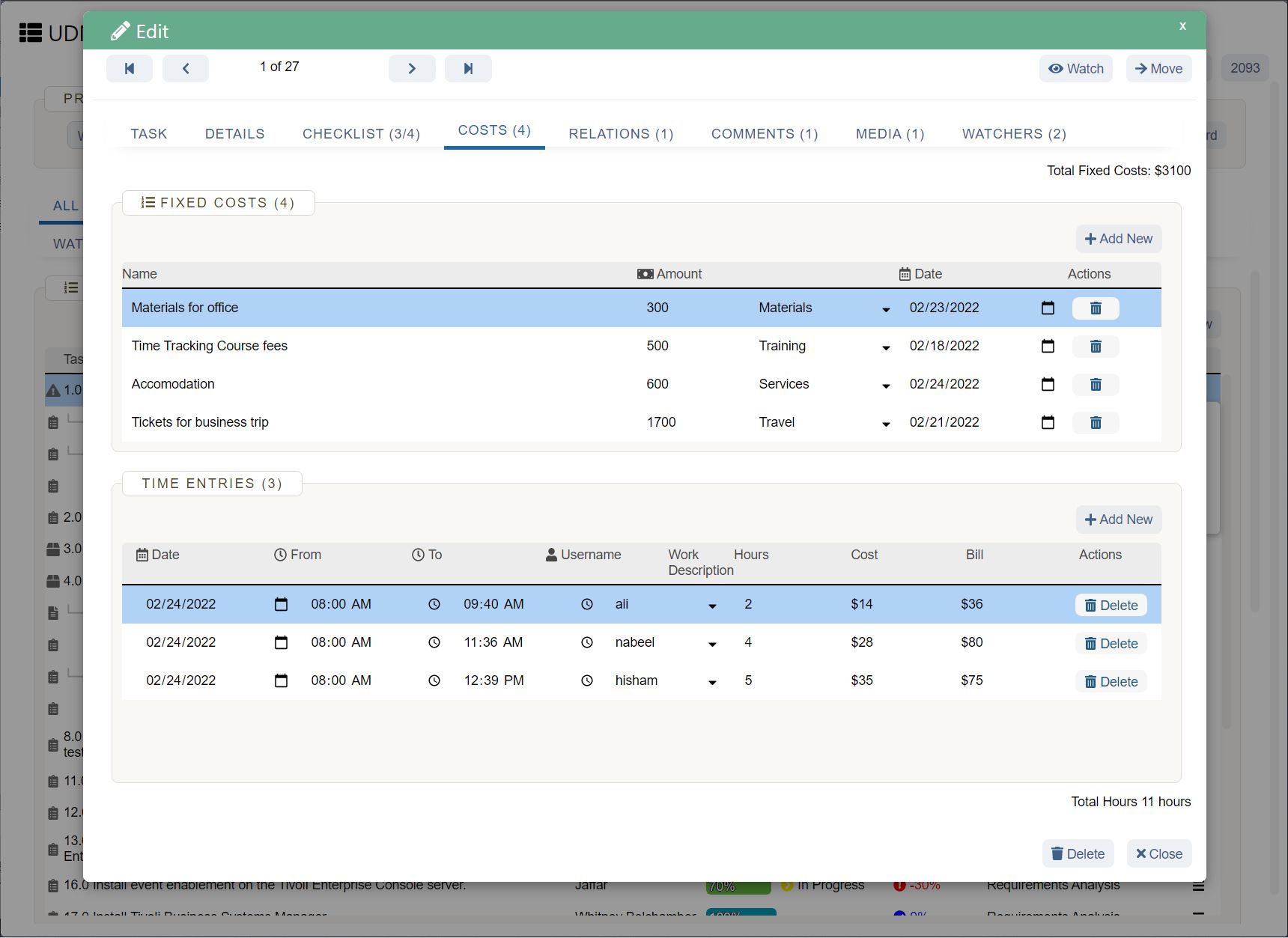
There are various ways to arrange your daily schedule. You may prefer to focus on a timeframe when you work, or you may be more task-oriented. Consider the options below:
Hourly
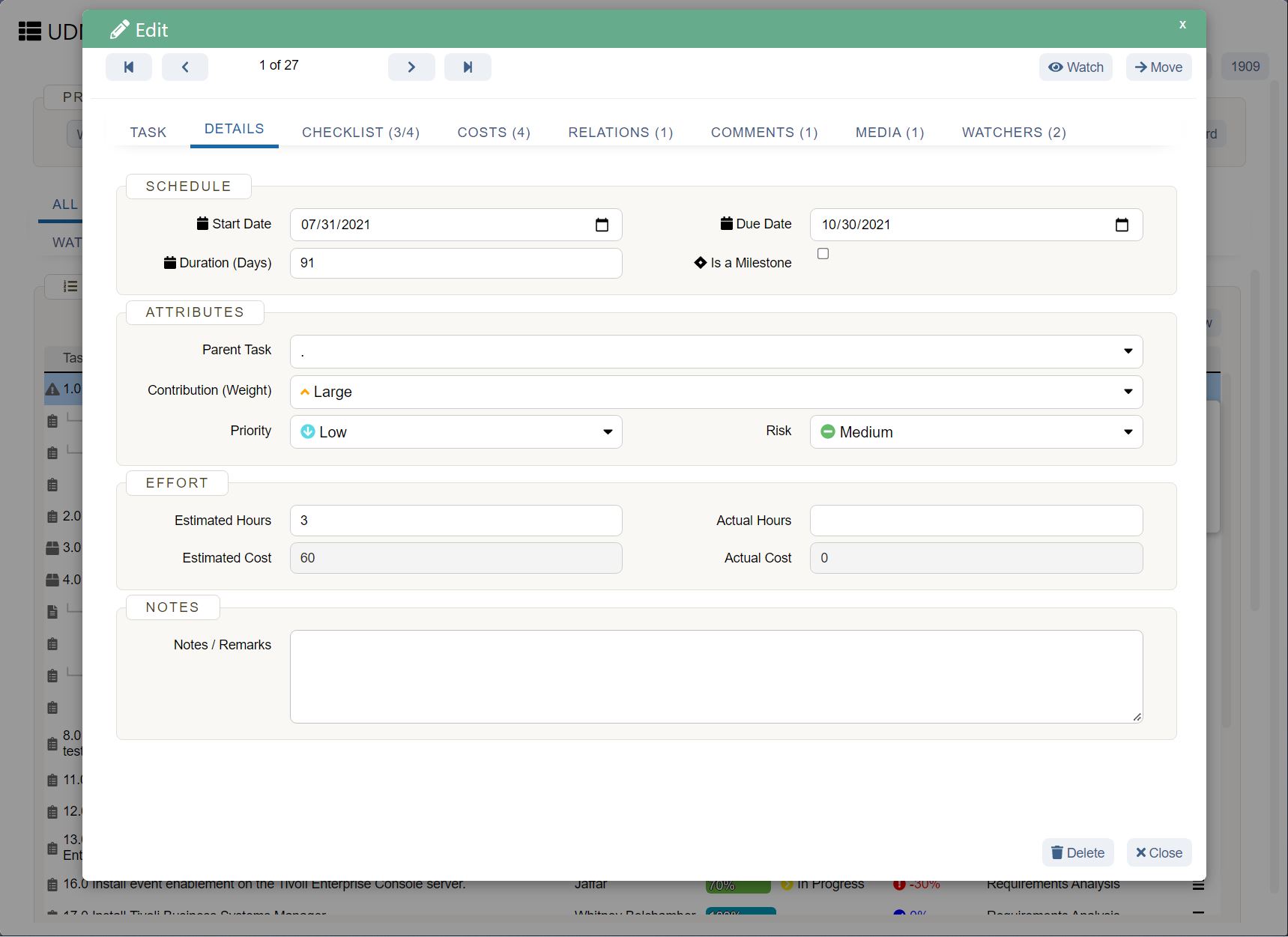
An hourly planner is the traditional arrangement of a daily schedule. To create an hourly schedule, follow the steps above and assign times for your important tasks. This schedule provides a clear structure for each part of your day. Plus, you can also schedule in obligations outside of work, like a personal doctor's appointment after work hours.
By priority
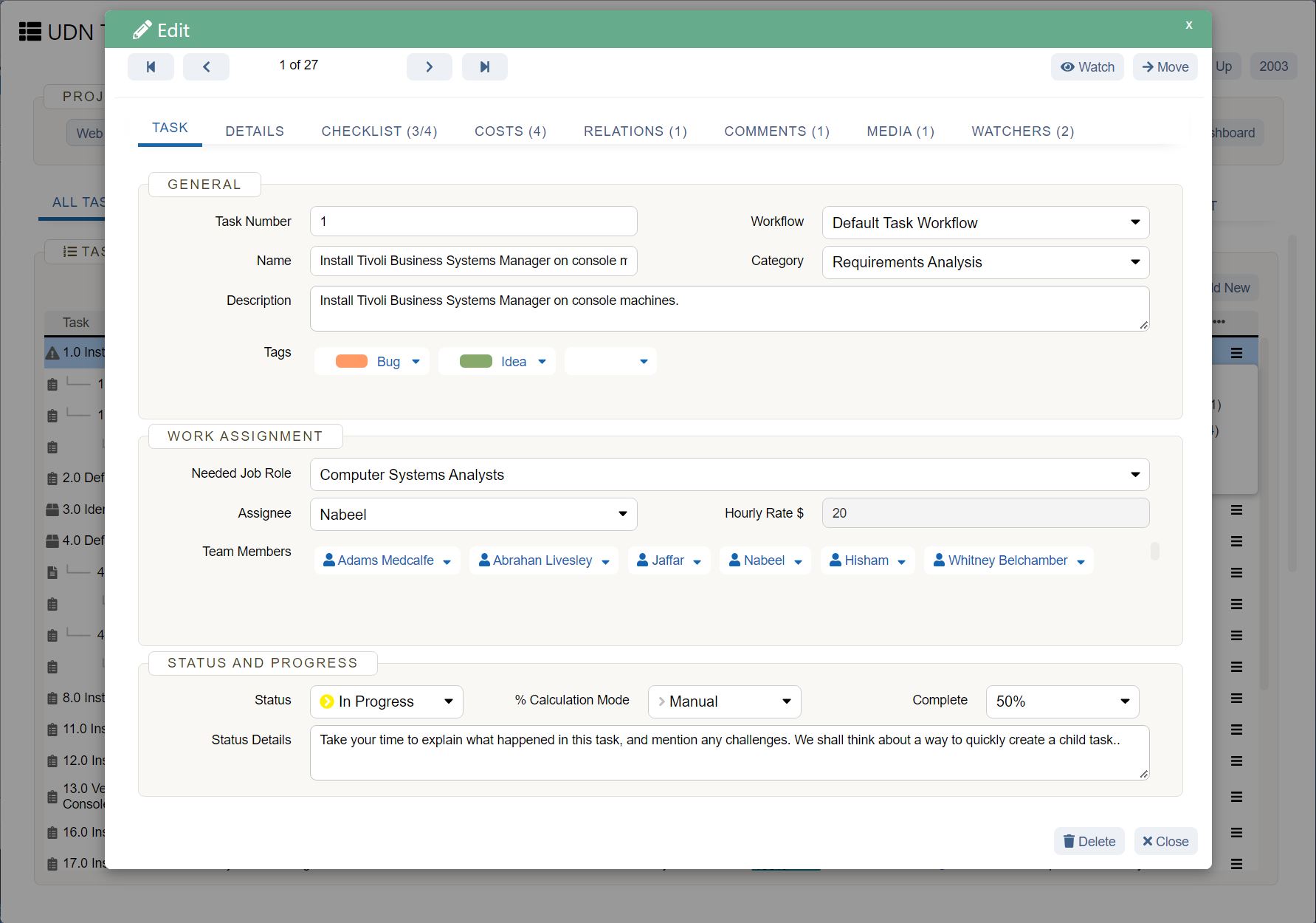
If you prefer an untimed daily schedule, you can list your tasks by priority and work from this list through the day. This may seem like a simple to-do list, but you’ll still need to adjust your priorities for the day in front of you. For example, your priorities will change based on meetings, errands, events, and appointments that happen on that day.
Below, you’ll see a daily schedule sorted by priority using UDN Task Manager ’s work management software :
By deadline
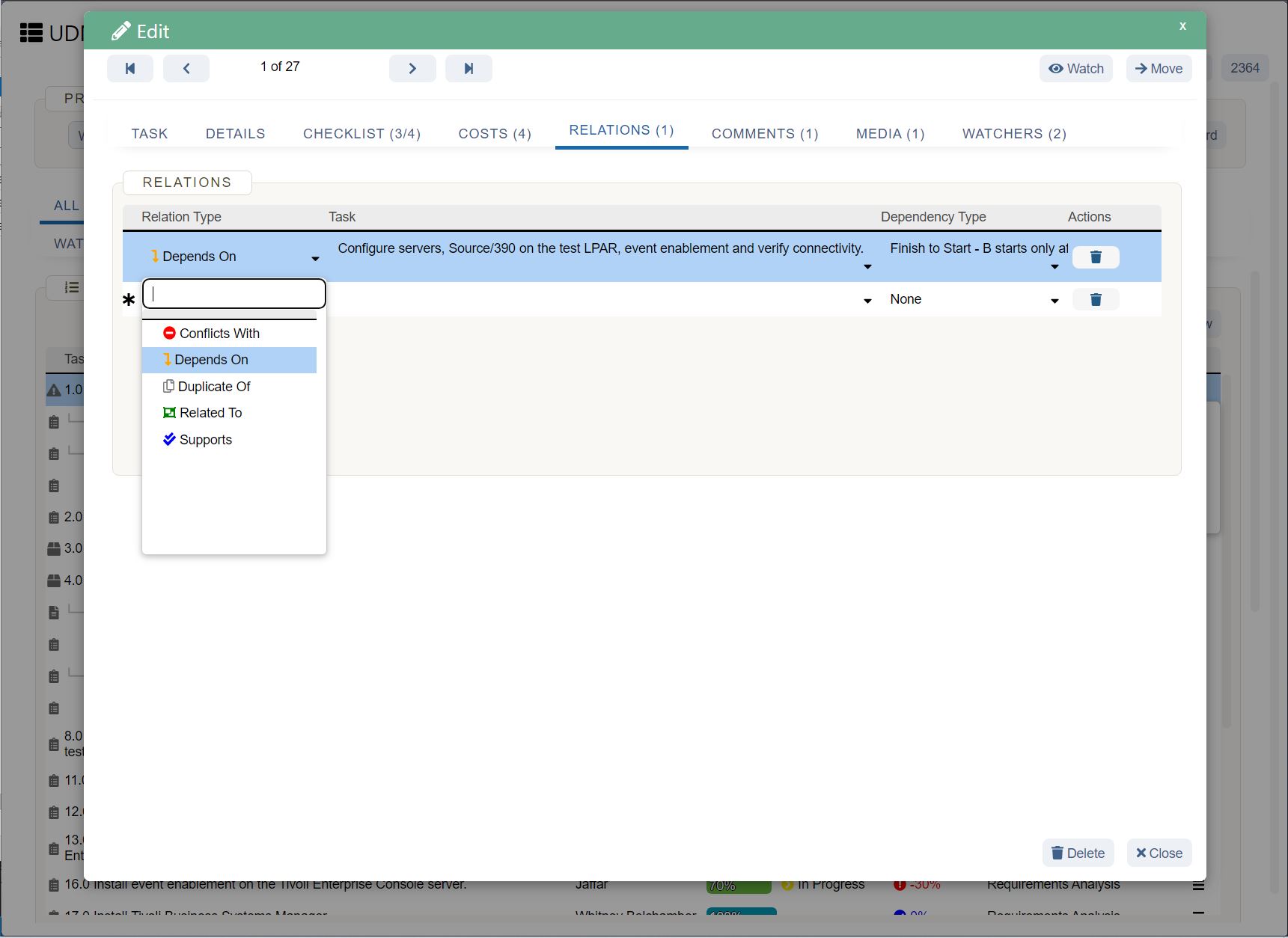
Sorting your schedule by deadlines can bring a sense of urgency to your day. Seeing what projects are due will tell you what should come first in your personal planner. Like your priorities list, your deadlines list will shift each day. Each morning you’ll need to assess your list and fill in any recurring events or one-off commitments.
Why is a daily schedule important?
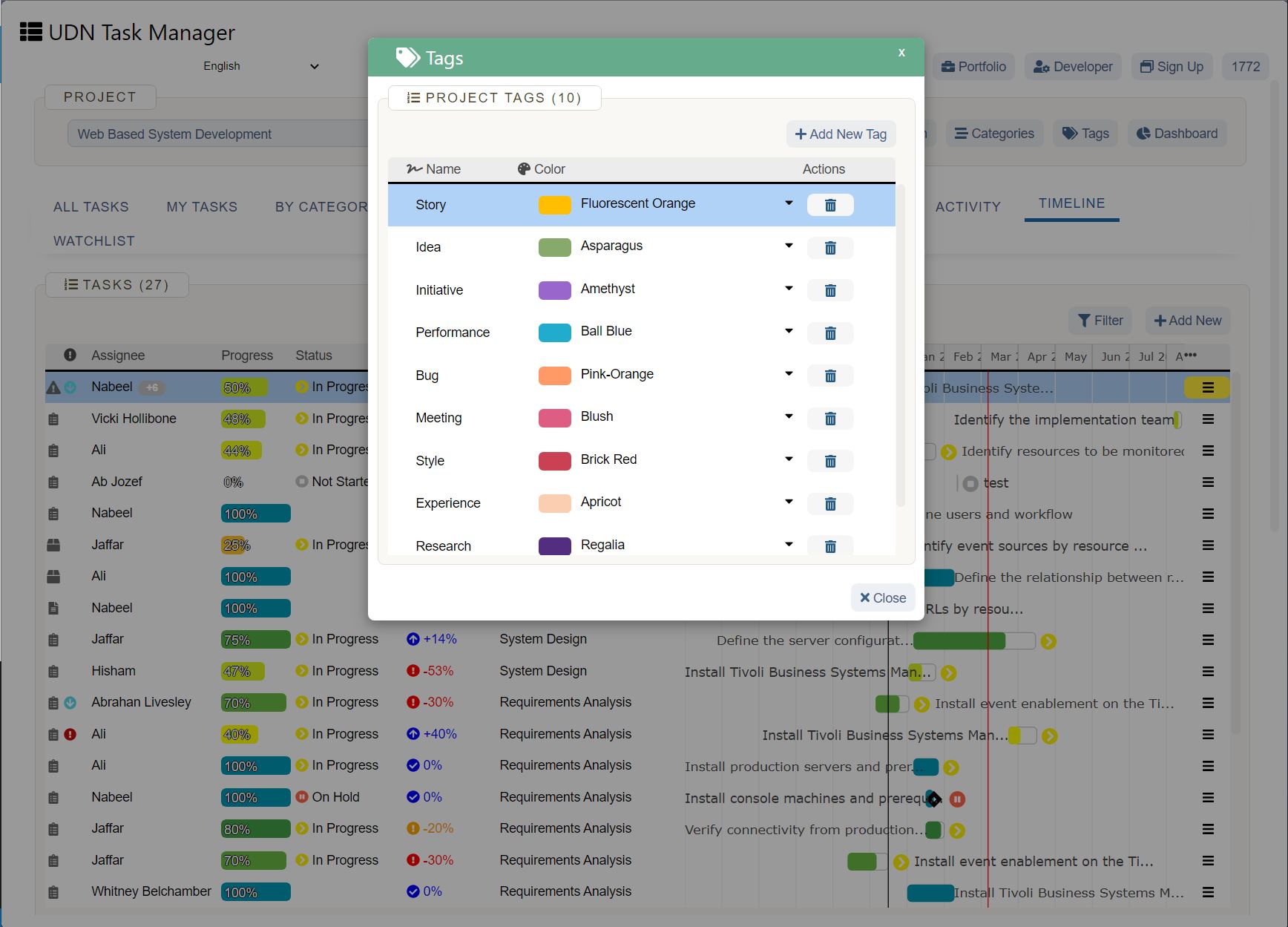
When you create a daily schedule, you do more than outline your tasks for the day. A daily schedule can improve your mindset, help you prepare for upcoming events, and set the tone for how the rest of your week will play out.
Some benefits of creating a daily schedule include:
Forms good habits
Creates structure
Prevents procrastination
Increases productivity
Reduces stress
Saves time
Improves focus
Research shows that routines benefit our well-being. "Carrying out routine activities reduces stress by making the situation appear more controllable and predictable," says Indumathi Bendi, M.D., a primary care physician at Piedmont. "Preparedness is a key way to prevent stress."
Master time management with a daily schedule
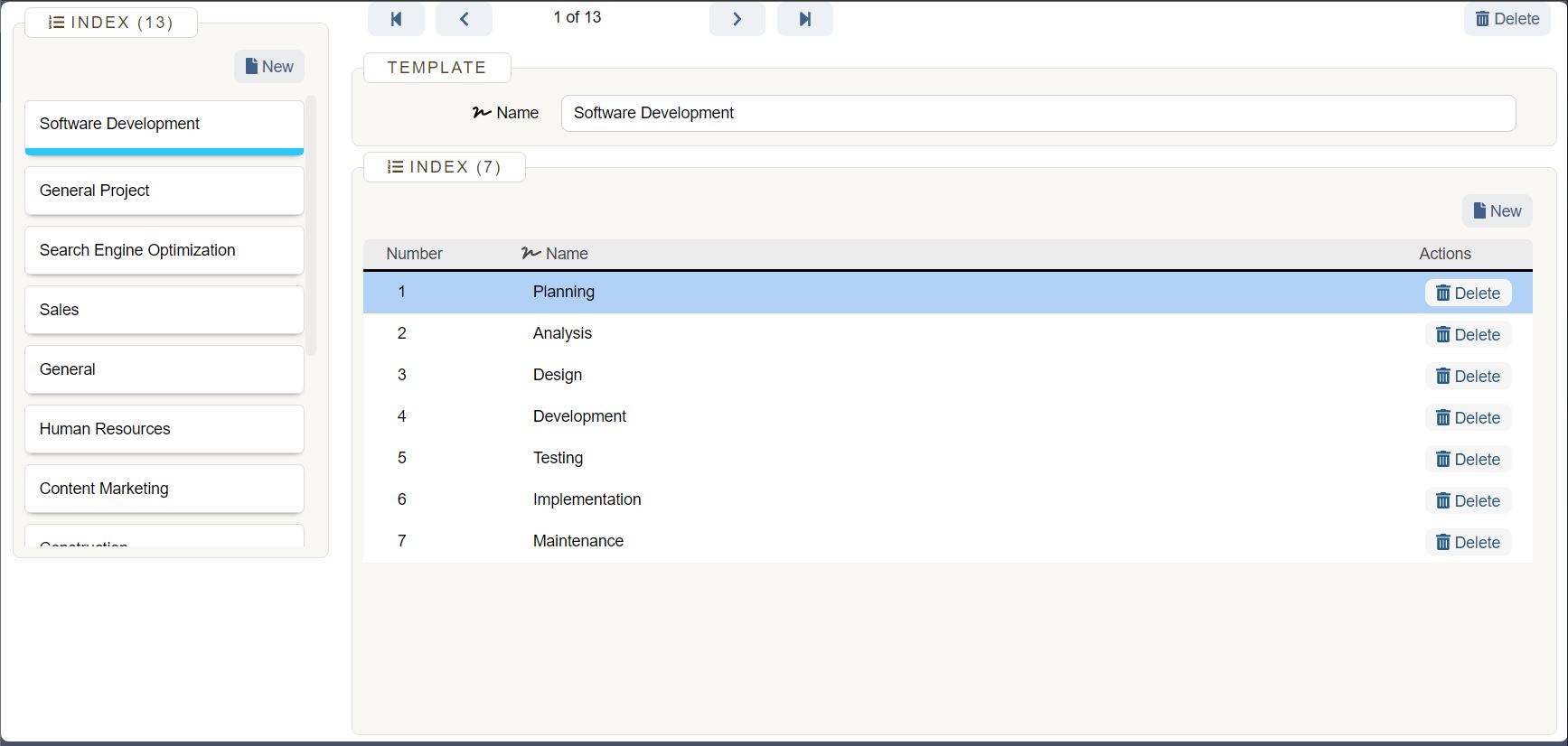
Creating a daily schedule is a great way to master time management and feel more in control of your life. With the right daily schedule planner, you’ll gain structure in your day while still having the flexibility to make changes as they arise.
You don’t have to choose how to arrange your daily schedule when you use project management software . If you want to see your schedule sorted by deadline or priority, toggle each option at the top of the page. You can also view your schedule as a monthly calendar and collaborate with team members on their calendars.











